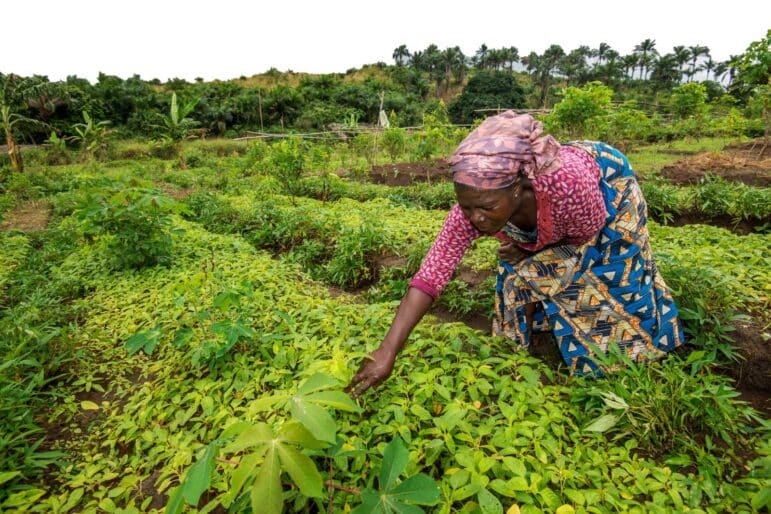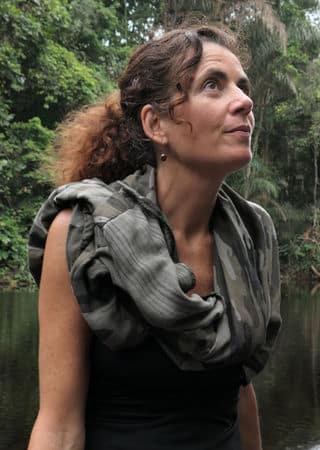Our Strategy
We have a comprehensive bonobo conservation strategy. We’re in this for the long haul.
Rescue & Care
Rewild & Protect
Education & Awareness
Community Development
Rescue & Care

Bonobo rescue and care make up the first pillar of our bonobo conservation strategy. At Lola ya Bonobo sanctuary, we care for orphaned bonobos rescued from the illegal trade in wildlife. We nurse bonobos back to health and care for them as long as needed, sometimes for the rest of their lives. Bonobos who are able are released back to the wild.
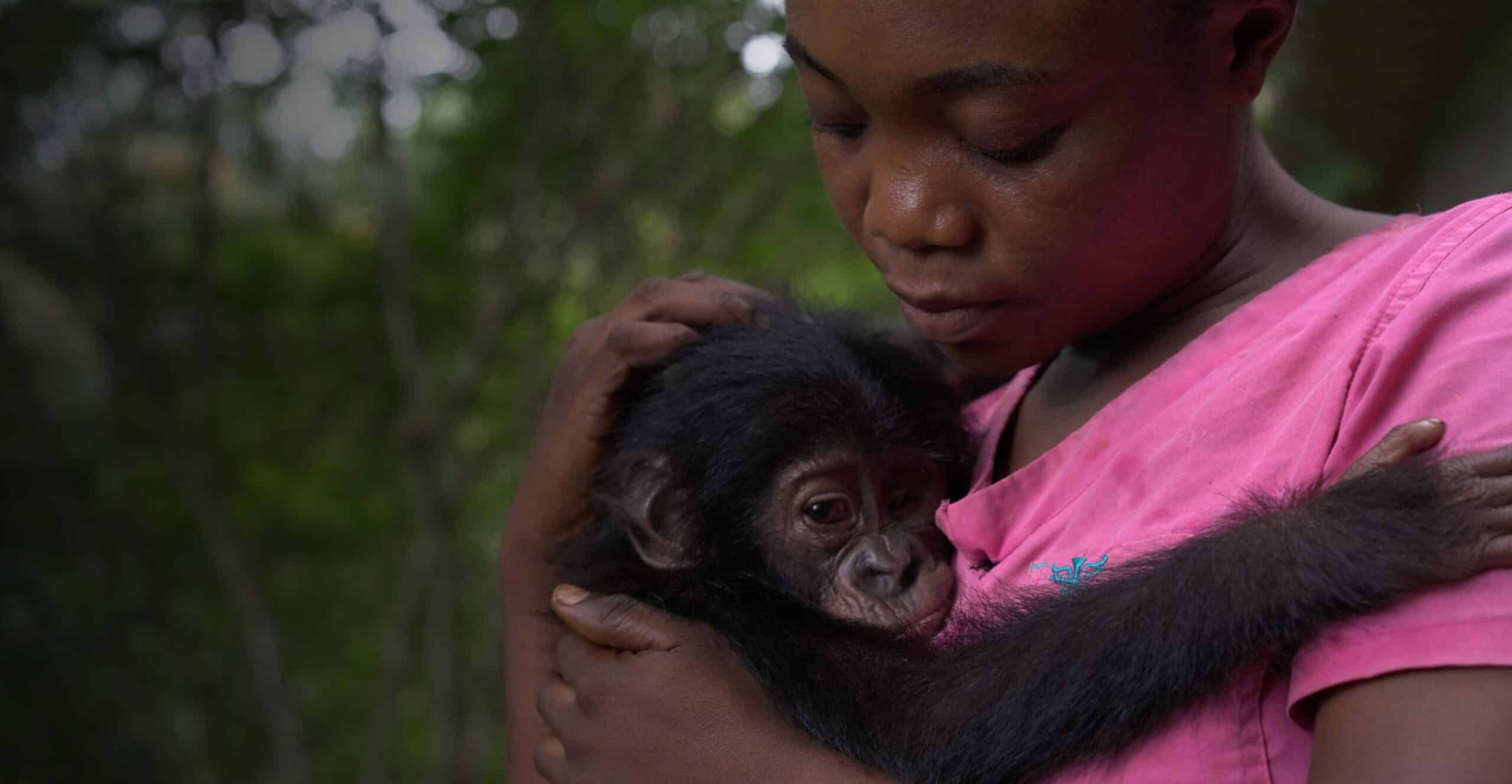
Lola ya Bonobo Sanctuary
Bonobos are illegally hunted for their meat. After the families are killed, babies become orphans and are sold as pets.
At Lola ya Bonobo in the Democratic Republic of Congo (DRC), we have a team of caregivers for rescued bonobos.
Our substitute human mothers heal bonobos with love and attention and with the aid of dedicated veterinarians and other caregivers. Bonobos love deeply, and bonobo babies would not survive without their caring substitute bonobo moms.
The sanctuary name says it all: Lola ya Bonobo means “Paradise for Bonobos” in Lingala, a main language of the DRC.
Rewild and Protect

Rewilding and protecting bonobos is another key component of our bonobo conservation strategy. Ekolo ya Bonobo Community Reserve is the world’s only bonobo release site.
Here, our team releases bonobos rehabilitated at Lola back into the wild and partners with local residents to provide comprehensive, long-term protection. We work with local communities to reduce poverty, provide healthcare and education, and raise bonobo awareness. Together, we conserve the bonobos’ rainforest home.
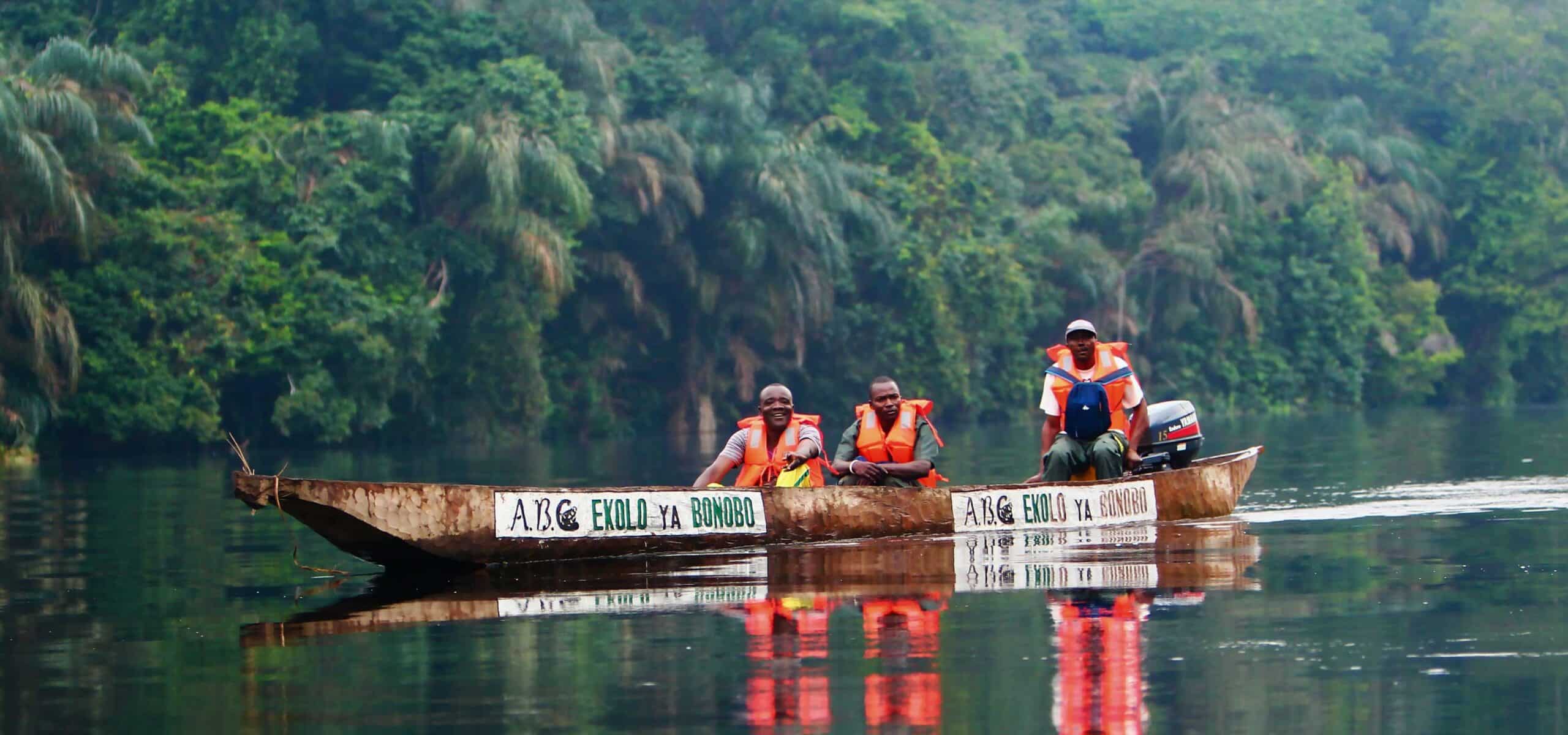
Ekolo ya Bonobo Community Reserve
ABC has successfully released bonobos back to the wild – twice! More than 30 bonobos now live at Ekolo ya Bonobo Community Reserve in Équateur Province, DRC. A team of eco-guards patrols to keep them safe from harm.
Education

Education and awareness are key to the long-term success of our bonobo conservation strategy and have been a hallmark of the programs in the DR Congo from the start. We also raise awareness for bonobos and their plight globally.
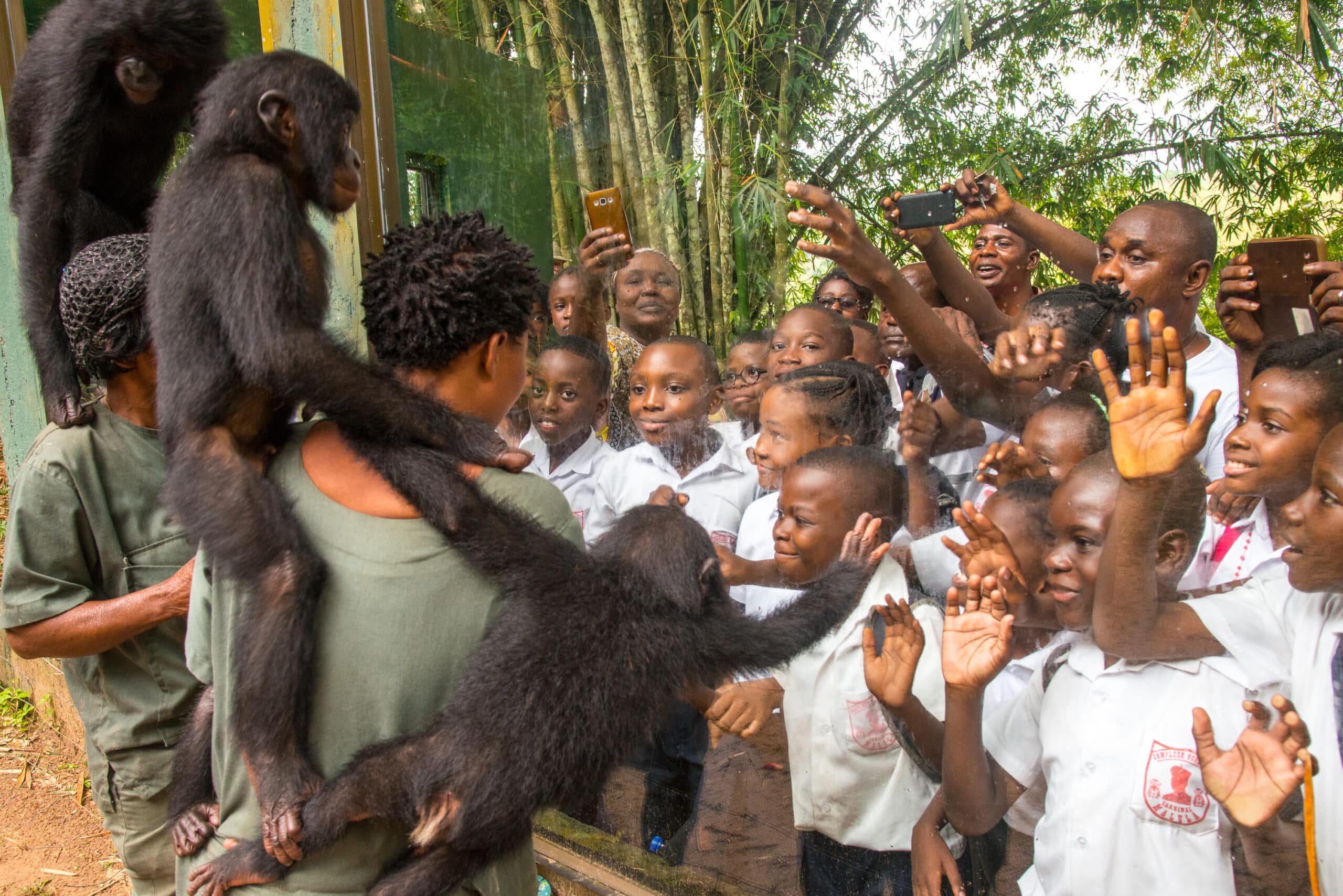
Community Development

Community development is also essential to our comprehensive bonobo conservation strategy. Bonobos are primarily killed for bushmeat and the root cause of the bushmeat trade is extreme poverty. We work with communities living near bonobos to build a better economic future through environmental conservation instead of the bushmeat trade.
